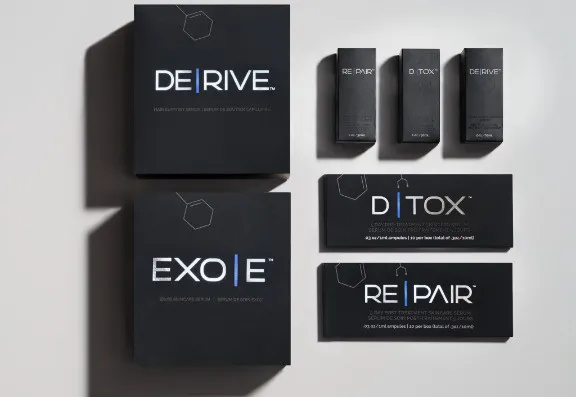Miss Sherina Balaratnam, medical director of S-Thetics, discusses plant-derived exosomes.
Exosomes are, alongside polynucleotides, the current hot topics in medical aesthetics. Human exosomes have been available for some time. However, they are currently not allowed in the UK and EU due to the fact there is still a small percentage of human DNA and mRNA contained in the product from the donor, and the MHRA has outlawed any products containing human material, whether injectable or topically applied.
Whilst other mammal-derived exosomes are available, more recent developments in plant-derived exosomes demonstrate potential advantages over their controversial human counterparts.
It has long been accepted and proven that plant stem cells produce human cytokines, which enables the use of plant secretary factors for human cell signalling. Recently, plant-derived exosomes have become available in the UK and European markets.
Plant-derived exosomes are more accurately termed PDENs (plant-derived extra-cellular nanoparticles), as exosome is the term more commonly associated with those nanoparticles derived from mammalian cells.
One of the significant advantages of plant nanoparticles is that they don’t need to be freeze-dried or lyophilised and should be available in ready-to-use form. Freeze drying or lyophilising denatures the secretary factors of the cells meaning that simulated growth factors need to be added. The number of simulated growth factors added differs from manufacturer to manufacturer but is commonly less than 20. In contrast, PDENS can contain thousands of growth factors, cytokines, interleukins and peptides in their natural states, producing an increased reduction in inflammation and enhanced patient results.
I have been using plant-based products in my practice, S-Thetics in Beaconsfield, for over eight years and have seen the clinical effectiveness that these deliver to my patients’ skin. They are delighted with their results.

